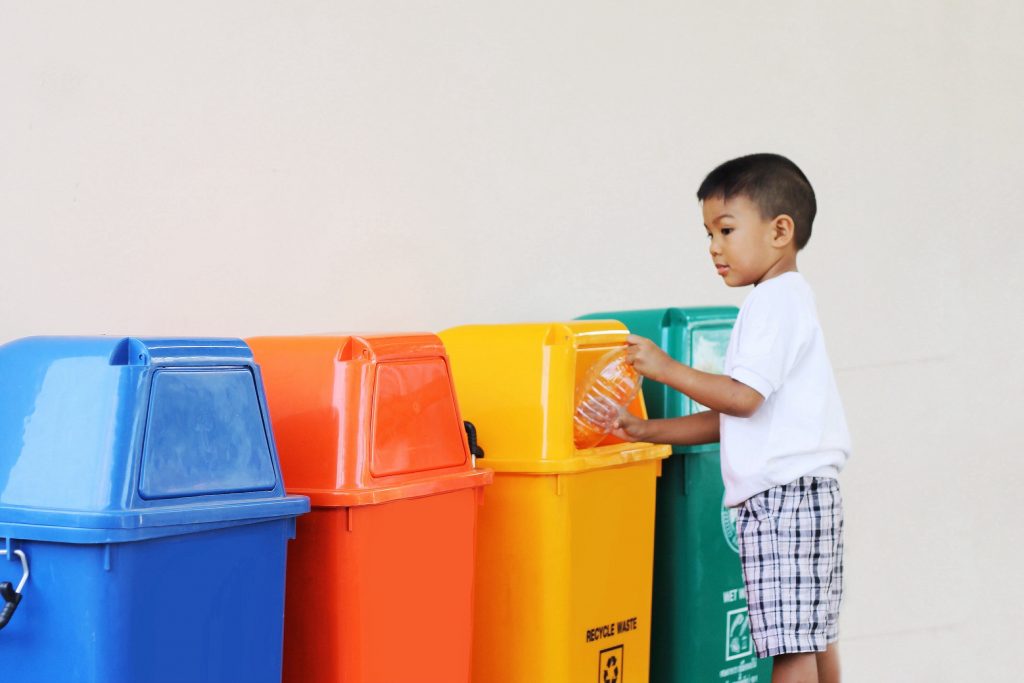Medical waste, a by-product of healthcare activities, presents unique challenges in collection, transportation, and treatment. The mishandling of these wastes could have severe consequences, not only for the environment but also for public health. Furthermore, they could potentially spread infections and diseases.
Given its hazardous nature, understanding the process of medical waste collection and treatment is paramount for medical facilities, and the community at large. Within this discussion, we will delve into the comprehensive process of medical waste management.
Several attributes of this article are formed by the guidance of the experts of (CWT). Within this section, we will also produce some intricate and in-depth information about the process through which medication waste can be cleaned up.
Understanding The Different Types Of Medical Waste Collection:
Medical waste collection processes may vary based on the type of waste being handled. Here are some of the common types of medical waste and the typical processes for their collection:
Understanding General Medical Waste-
Therefore, this type of waste makes up the majority of waste produced by healthcare facilities and is similar to regular household waste. It includes paper, plastic, food waste, etc. General medical waste is collected in standard trash bags or bins and is disposed of through regular waste management systems.
Disintegrating Sharps Waste-
This category includes used needles, syringes, lancets, and other sharp medical instruments that can cause injury or spread infections. Sharps waste is collected in rigid, puncture-resistant containers that are typically color-coded and labeled. Henceforth, once full, these containers are sealed and disposed of in accordance with local regulations.
Biohazardous and Infectious Waste-
This encompasses waste contaminated with potentially infectious materials, such as blood, body fluids, and laboratory specimens. This waste is collected in specially designated biohazard bags or containers that are clearly marked with a biohazard symbol. Moreover, they are typically stored in a secure location until they can be treated on-site or transported off-site.
Pharmaceutical Waste-
Unused or expired medications, vaccines, and other pharmaceutical products fall into this category. These are often collected in specific containers separate from other medical waste to prevent contamination and improper disposal. Subsequently, special procedures are typically in place for the disposal of controlled substances.
Chemotherapy Waste-
This refers to waste resulting from chemotherapy drugs, which can be harmful to humans and the environment. Special, sealed containers are used to collect chemotherapy waste. These containers are then stored separately from other waste until they can be treated.
Radioactive Medical Waste-
This is a less common but very dangerous type of waste produced in some medical treatments and research. It's collected in lead-lined containers to protect people and the environment from radiation exposure. The disposal of this waste requires special procedures in accordance with radiation safety regulations.
Prominent Benefits Of Collecting The Medical Waste:
Within this section, we will analyze how medical waste collection can be a crucial step in protecting the environment. As per Cleanco Waste Treatment, you must not neglect this step at any cost.
Following are some of the benefits that you would attain through the proper collection of such waste:
Reduction in Infection-
Medical waste can often harbor infectious diseases. Proper collection and disposal ensure this waste is handled and treated properly, minimizing the risk of spreading diseases to patients, healthcare workers, waste management staff, and the wider public.
Environmental Protection-
Improper disposal of medical waste can have severe environmental repercussions. Pharmaceutical waste, for example, can contaminate water systems and harm aquatic life if it enters water bodies. Radioactive waste can contaminate soil and water. Efficient collection and disposal systems help protect our environment from such adverse impacts.
Improved Public Health-
Properly managed medical waste reduces the potential for public exposure to harmful substances, contributing to overall public health. It decreases the risk of accidental injuries from sharps, exposure to harmful drugs, and infection from biohazardous waste.
Adhering To Regulatory Compliance-
The medical industry is heavily regulated, and failing to comply with proper waste management can result in severe penalties and legal consequences. Effective collection and disposal ensure that medical facilities abide by the law and protect themselves from potential lawsuits or fines.
Acquiring Enhanced Reputation-
A healthcare facility that showcases its commitment to responsible waste management can enhance its reputation among patients, staff, and the broader community. It shows that the facility cares about public health, safety, and environmental sustainability.
Promoting Operational Efficiency-
Efficient waste segregation and collection processes can lead to cost savings. By separating non-hazardous waste from hazardous waste, healthcare facilities can reduce the total volume of waste that requires costly specialized disposal.
Wrapping Up:
Through this discussion, our primary focus was to bring the whole understanding of medical waste collection to attention. Medical waste can greatly hamper the quality of the environment to an excruciating level therefore, it must be checked at any cost.
Cleanco is one of the prominent Medical Waste Collection in Abu Dhabi which has been able to collect and disintegrate the waste profusely. With the help of this company, you can completely rest assured to get your medical waste treated.


No comments:
Post a Comment